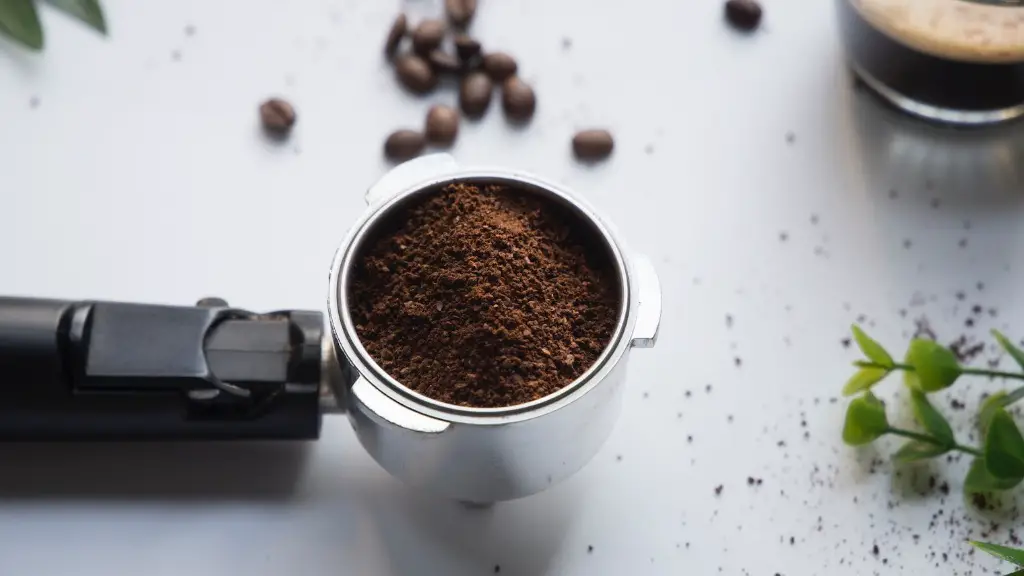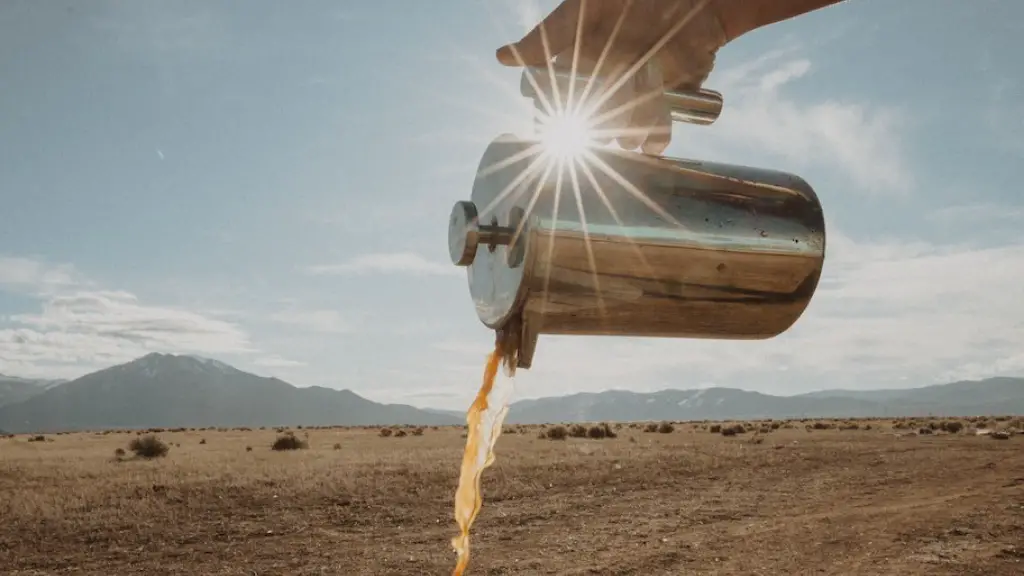What is Carvedilol?
Carvedilol is a type of medication known as a beta-blocker. It is used to treat high blood pressure and other heart conditions. It works by blocking the action of certain natural chemicals in the body, such as epinephrine, that affect the heart and blood vessels. It relaxes the blood vessels and lowers blood pressure, which helps to improve the heart’s performance.
Can You Drink Coffee With Carvedilol?
Whether it is safe to drink coffee while taking carvedilol is not definitively known. Some people have reported feeling increased heart rate, palpitations, and dizziness when they drink coffee while taking carvedilol. Others have reported feeling no side effects. It is important to note that the effects of coffee while taking carvedilol can differ depending on the individual.
Due to the potential for side effects, it is important to talk to a doctor before drinking coffee while taking carvedilol. The doctor can determine if it is safe for an individual to drink coffee while taking carvedilol and how to reduce the risk of any side effects.
Commonly Associated Side Effects
The most commonly associated side effects of taking carvedilol and drinking coffee include an increased heart rate, palpitations, dizziness, and nausea. Other side effects may also occur depending on the individual. It is important to note that drinking coffee can raise blood pressure temporarily, which could be dangerous for those taking carvedilol, as it is often prescribed to treat high blood pressure.
Potential Alternatives to Coffee
For those who wish to avoid drinking coffee while taking carvedilol, there are other alternatives that can be consumed in moderation. For example, green tea contains lower levels of caffeine than coffee, so it may be a safer option. Additionally, there are caffeine-free alternatives such as decaffeinated coffee and herbal teas, which are available in most supermarkets and health food stores.
Other Considerations
It is important to note that the effects of caffeine can vary depending on the individual, so it is best to check with a doctor before drinking coffee or caffeine-containing beverages while taking carvedilol. Also, it is important to mention any side effects that occur when drinking coffee or other caffeinated drinks to the doctor.
Additionally, certain medications can interact with carvedilol, so it is always important to let the doctor know any other medications that are being taken. Finally, it is important to remember that drinking coffee in moderation is generally safe for most people, but it can be dangerous for those taking carvedilol.
Underlying Health Conditions
For those with underlying health conditions, it is especially important to talk to the doctor before drinking coffee while taking carvedilol. Certain underlying health conditions, such as diabetes, can affect the way the body processes caffeine, causing it to be metabolized differently. This can cause unwanted side effects, such as an increased heart rate or palpitations. Additionally, those with kidney or liver disease should talk to their doctor before drinking coffee while taking carvedilol as it can lead to side effects.
Seeking Professional Guidance
It is important to talk to a doctor before drinking coffee while taking carvedilol. The doctor can assess the potential risks and the benefits of having coffee while taking the medication. They can also provide advice on whether it is safe for an individual to drink coffee and how to reduce the risk of any side effects. It is important to follow the doctor’s advice, as it is tailored to the individual’s specific needs.
Monitoring Your Body’s Response
When drinking coffee while taking carvedilol, it is important to pay attention to any potential side effects that may occur. If any side effects are experienced, it is important to speak to the doctor immediately, as they can provide advice on how to manage them. Additionally, it is important to monitor blood pressure regularly when drinking coffee while taking carvedilol as it can raise blood pressure.
Caffeine Consumption in Moderation
When drinking coffee while taking carvedilol, it is important to consume it in moderation. The amount of caffeine in the coffee can affect how the medication works. For example, high amounts of caffeine can speed up the metabolism of carvedilol, reducing its effectiveness. Too much caffeine can also cause side effects, such as increased heart rate, palpitations, and dizziness.
It is also important to note that consuming too much caffeine can lead to other health problems, such as headaches, insomnia, and anxiety. Therefore, it is important to monitor caffeine intake carefully and talk to the doctor if any side effects occur.


